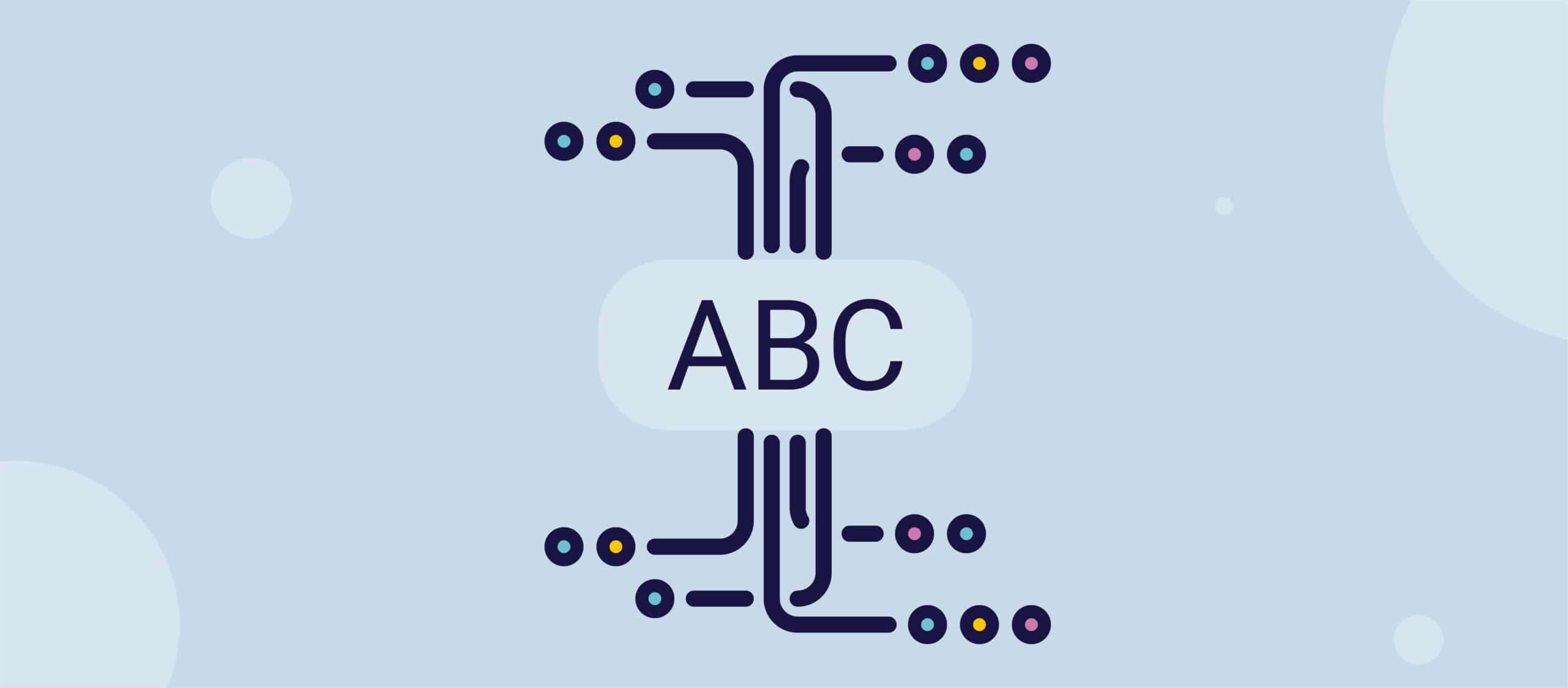Ontario er anerkendt for at tilbyde nogle af de mest omfattende standarder for webtilgængelighed i verden, takket være Lov om tilgængelighed for personer med handicap i Ontario (AODA). AODA blev indført i 2005 og sætter et klart mål: at skabe et barrierefrit Ontario inden 2025. Denne provinslov regulerer tilgængelighed på tværs af forskellige sektorer - statslige, offentlige og private - og omhandler kundeservice, beskæftigelse, information og kommunikation, transport og offentlige rum. Det er bemærkelsesværdigt, at AODA også udvider sin webtilgængelighed regler for at inkludere tilgængeligt videoindhold.
AODA's vision: Et tilgængeligt Ontario inden 2025
Ifølge Ontarios Ministry of Community and Social Services har en ud af syv ontaricanere et handicap, og dette tal forventes at stige til en ud af fem i 2036. AODA blev etableret for at sikre, at ingen bliver udelukket fra fuld deltagelse i samfundet på grund af et handicap. Loven foreskriver fjernelse af barrierer - hvad enten de er fysiske, teknologiske eller informationsmæssige - så personer med handicap kan få lige adgang til det offentlige og private liv.
For at nå sit 2025-mål vedtog Ontario en række trinvise regler, herunder Tilgængelighedsstandarder for kundeservice (2008) og den Forordning om integrerede tilgængelighedsstandarder (2011). Disse sætter klare forventninger til digital og fysisk tilgængelighed.
Vigtige milepæle i AODA-overholdelse
Flere store opdateringer har formet Ontarios vej til fuld overholdelse af tilgængelighedsreglerne:
Tilgængeligt uddannelses- og undervisningsmateriale (1. januar 2020). Uddannelsesinstitutioner skal levere tilgængelige eller konverteringsklare formater af supplerende ressourcer efter anmodning.
Tilgængelige biblioteksmaterialer (1. januar 2020). Bibliotekerne skal tilbyde tilgængelige formater af digitale og multimediematerialer.
Tilgængelige hjemmesider og apps (1. januar 2021). Organisationer er forpligtet til at sikre, at websites og webbaserede applikationer overholder WCAG 2.0 niveau AA-standarder.
WCAG: Standarden for overholdelse af AODA
AODA's retningslinjer for digital tilgængelighed er i overensstemmelse med Web Content Accessibility Guidelines (WCAG), et globalt benchmark for online-tilgængelighed. Organisationer skal sikre, at alle hjemmesider eller alt webindhold, der offentliggøres efter 1. januar 2012, overholder WCAG 2.0 niveau AA. Disse retningslinjer fokuserer på at gøre onlineindhold synligt, brugbart, forståeligt og robust*, hvilket sikrer tilgængelighed for brugere med alle evner.
Uddannelse og overholdelse af AODA
Selvom der ikke er nogen officielle AODA-standarder, der er specifikke for uddannelse, påvirker loven stadig uddannelsesinstitutioner, herunder K-12-skoler og universiteter, samt private forlag:
- Skoler og universiteter: Institutioner med 50 eller flere ansatte skal overholde AODA-krav for webtilgængelighed og gør tilgængeligt digitalt indhold. De skal også stille tilgængeligt undervisningsmateriale til rådighed efter anmodning og sikre, at underviserne er uddannet i at være opmærksomme på tilgængelighed.
- Udgivere af undervisningsmaterialer: Private lærebogsforlag og andre udbydere af undervisningsmateriale skal gøre deres indhold tilgængeligt, og webindhold skal overholde WCAG 2.0 Level AA-standarderne.
- Biblioteker: Offentlige biblioteker og store private biblioteker skal også tilbyde tilgængelige digitale og multimedieressourcer i overensstemmelse med AODA-standarder.

Private virksomheder og overholdelse af AODA
Private virksomheder i Ontario er underlagt AODA-regler, og omfanget af kravene varierer afhængigt af virksomhedens størrelse:
- Virksomheder med færre end 20 ansatte skal:
- Skab politikker for tilgængelighed
- Træn personalet i tilgængelighedskrav
- Tilbyde tilgængelig kundeservice
- Implementer tilgængelig ansættelses- og beskæftigelsespraksis
- Giv tilgængelig information efter anmodning
- Virksomheder med 20 til 49 ansatte har yderligere forpligtelser, som f.eks. at indsende en rapport om overholdelse af tilgængelighedsreglerne hvert tredje år.
- Virksomheder med 50 eller flere ansatte skal sikre, at alle offentligt tilgængelige hjemmesider overholder WCAG 2.0 Level AA-standarderne.
Overholdelse af lovgivningen
Ontarios regering har indtaget en ledende rolle inden for tilgængelighed, idet alle websites fra Ontarios regering og den lovgivende forsamling har skullet overholde WCAG 2.0 niveau AA siden 1. januar 2016. Enheder i den offentlige sektor, herunder kommuner, havde indtil 1. januar 2021 til at opfylde disse standarder for deres hjemmesider og digitale indhold.
Sanktioner for manglende overholdelse af AODA
Manglende overholdelse af AODA kan resultere i betydelige økonomiske sanktioner, afhængigt af hvor alvorlig overtrædelsen er. For enkeltpersoner eller ikke-inkorporerede organisationer varierer bøderne fra $500 til $2.000 pr. dag. Virksomheder kan få bøder på mellem $2.500 og $15.000 pr. dag, og den maksimale bøde er på $100.000 pr. dag for større overtrædelser.
AODA-kompatibel ansættelses- og uddannelsespraksis
Ud over webtilgængelighed håndhæver AODA tilgængelig ansættelses-, uddannelses- og ledelsespraksis. Arbejdsgivere skal sørge for tilpasninger i forbindelse med rekruttering, intern kommunikation og præstationsvurderinger. Dokumentation af tilpasningsplaner og nødprocedurer skal også vedligeholdes.
På vej mod fuld overensstemmelse
Ontarios omfattende tilgang til tilgængelighed gennem AODA sætter en høj standard globalt. De løbende krav og opdateringer af loven er en påmindelse om provinsens forpligtelse til et barrierefrit samfund inden 2025. Virksomheder af alle størrelser skal fortsat prioritere tilgængelighed for at sikre overholdelse og undgå dyre sanktioner.


